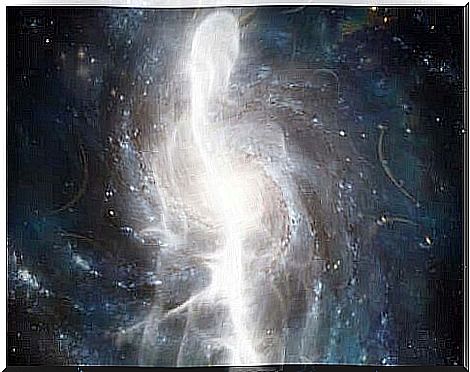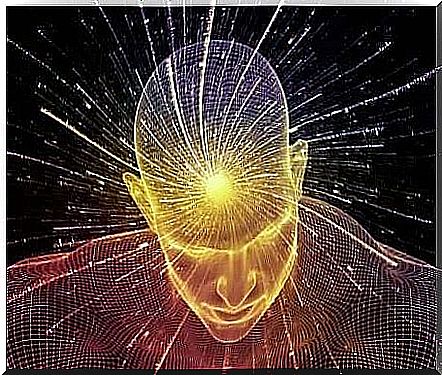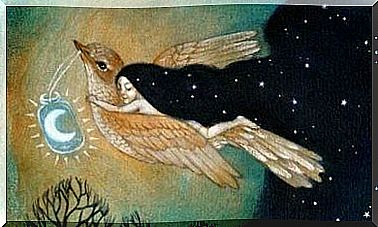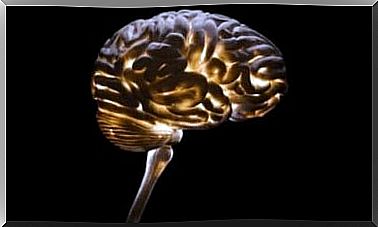The Human Soul, According To Science

The human soul has been a mystery for a long time, and there are many hypotheses about it. In fact, the various academic disciplines are constantly trying to answer this. Today’s article will discuss what the scientific community has to say about it.
You are about to take a trip into the scientific paradigm, tradition and current challenges. In addition, you will learn about Robert Lanza’s fascinating theory of biocentrism.
Your path will go beyond the spiritual. As you know, most religions mention the existence of a soul. What is the position of science in this regard? How does it currently cope with this paradigm? Keep reading to find out.
Is there such a thing as the human soul?
The idea of the existence of the human soul is related to the belief in life after death. This idea of a soul is linked to the belief in eternal life. In addition , many also believe that the soul is a guide that a person thinks and feels with and that it works independently of the body.
Of course, the perception of the soul will vary depending on the context, religion and discipline that addresses it. It has been mainly religious throughout history as these institutions allegedly deal with the spiritual dimension. They have undertaken to explain its existence.
Religions argue about the idea of a soul, regardless of its connection to the spiritual, by inferring that evidence of its existence is among the mysteries associated with birth, death, various states of consciousness, memory, and imagination. Thus they suggest that the soul is like a kind of vital force, an impulse.
The scientific paradigm of the human soul
According to the philosopher and historian of science Thomas Kuhn, a scientific paradigm is the set of universally recognized achievements of this kind. Paradigms are subject to criticism, in addition to generating models for problems and solutions in the scientific community.
The current scientific paradigm does not usually recognize the spiritual dimension. Rather, it points out that there is no need for a soul. In fact, it tends to explain life through equations about the activity of carbon and the activity of proteins, etc.
On the one hand, religion provides the answer to the existence of the soul from a spiritual point of view. It connects it with the transcendent and incorporated. On the other hand, science associates it with material, if it perceives it at all. In other words, the latter understands it as the mind. It also reduces it to the concept of cognition and consciousness, at least from a poetic point of view.

Challenging current scientific theories
Neuroscience has made great strides in explaining the function of the human nervous system and trying to explain the cause of subjective experiences. However, it remains a mystery. Thus , the problem of whether the soul exists or not is related to the understanding of the nature of the self.
So far, various theories have begun to challenge the scientific paradigm. Physical-chemical, above all. Biocentrism is an example of this. It is about emphasizing difficult questions about human nature. For example, it asks if there is something like a soul, or if there is something beyond time.
This new perspective on being, on the cosmos and on reality, believes that life goes beyond just atoms and particles. That would explain things like quantum entanglement and the uncertainty principle. In fact, some authors point out that quantum entanglements occur in the world on a human scale. At least according to Gerlich and his team, who co-authored the article ” Quantum Interference of Large Organic Molecules “.
Robert Lanza, an American scientist, first proposed the theory of biocentrism. In this theory, he considers that life and biology are essential to being, reality and the cosmos. In fact, he confirms that consciousness creates the universe and not the other way around. Thus, he did not ignore the physicochemical approach to the explanation of being. Instead, he gives the biological more weight.
Conclusion
Therefore, space and time are tools of thought that are directly related to the existence of other planes of scientific knowledge. This challenge takes people away from classical intuition and suggests that part of the mind or soul is immortal and exists outside of these categories.
In short, certain parts of science recognize the soul, either because they associate it with poetic vision or because they reduce it to cognition. Others continue with the traditional perspective of denying it, while some current theories begin to think about its existence. This is due to new discoveries that explain the nature of being associated with time and space.









